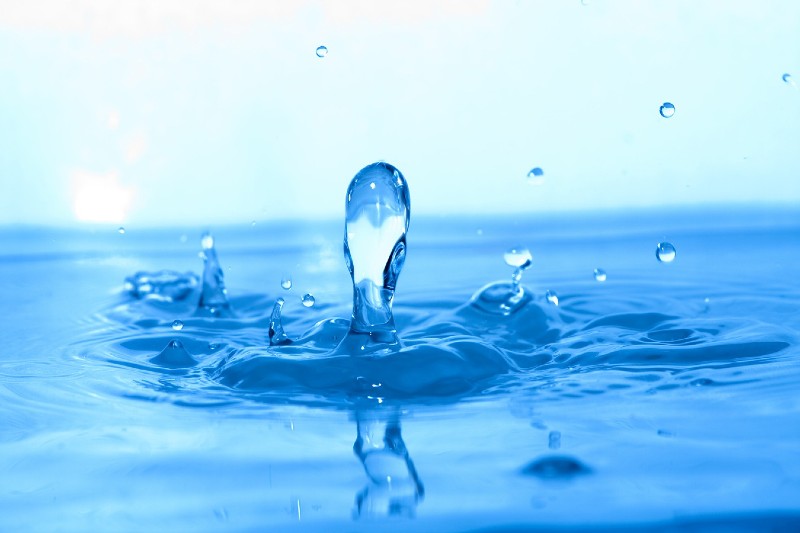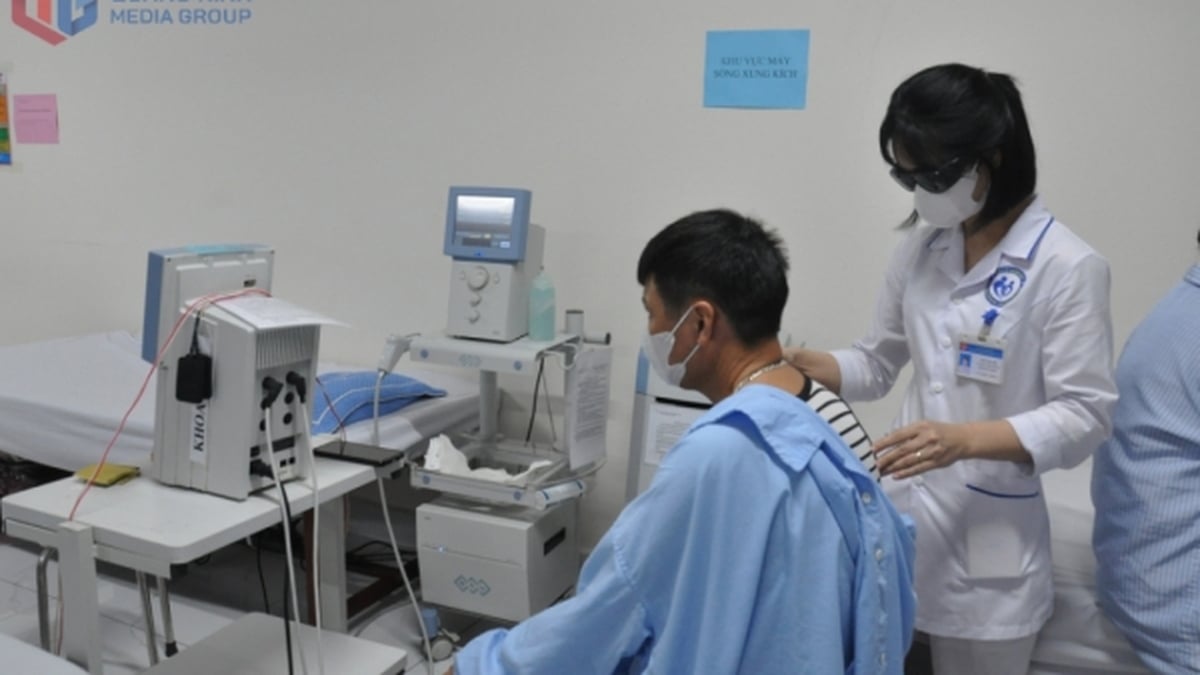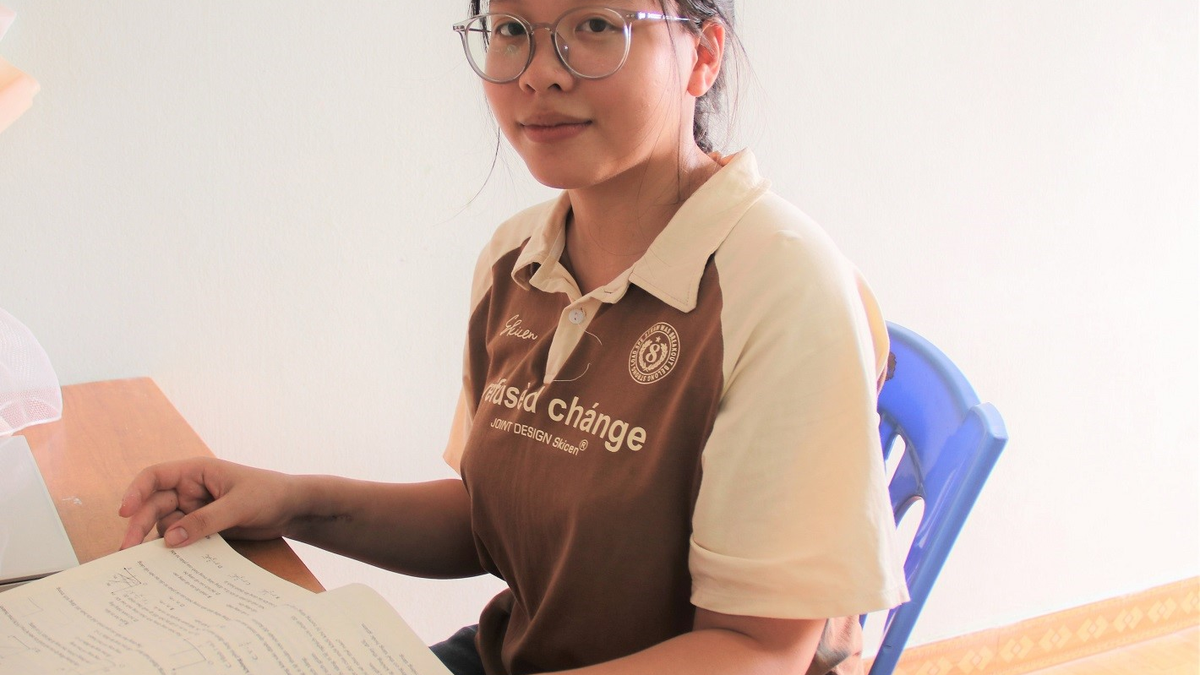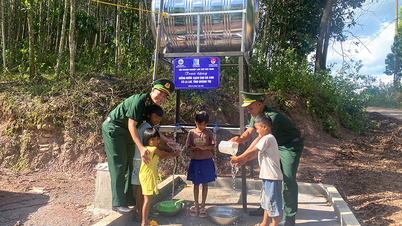The Ministry of Health has just issued Circular 52/2024/TT-BYT on improving standards and strengthening clean water quality inspection, contributing to protecting people's health.
Ministry of Health issues new Circular on testing domestic water quality
The Ministry of Health has just issued Circular 52/2024/TT-BYT on improving standards and strengthening clean water quality inspection, contributing to protecting people's health.
In recent years, the quality of domestic water in some areas in Vietnam, especially rural areas and remote provinces, has encountered many serious pollution problems.
Updating technical standards, new testing methods and encouraging water supply units to achieve high quality will contribute to minimizing the risk of water pollution, protecting public health and increasing people's confidence in the quality of clean water.
Circular No. 52/2024/TT-BYT not only applies to water supply units but also extends to water users such as agencies, enterprises, apartment buildings, collective housing areas, hospitals, schools, hotels, restaurants, resorts...
 |
| This standard has changed compared to the previous version (QCVN 01-1:2018/BYT), especially the classification and addition of important parameters for water quality testing. |
In addition, households that exploit water themselves in risky areas are also specifically regulated, aiming to enhance the responsibility of people and organizations in managing and using clean water.
Circular No. 52/2024/TT-BYT details the internal and external inspection regime, inspection and monitoring of the quality of clean water used for domestic purposes.
Water supply units must conduct regular water quality tests and must disclose the test results on time. Specifically, the time to disclose water test information is 3 working days for internal inspection, 5 working days for external inspection and 20 working days for cases of rectifying incidents of water quality not meeting requirements.
In particular, this Circular encourages water supply units that achieve good quality to reduce the frequency of internal inspection, which is to motivate units to ensure stable water quality.
For water supply stations with a design capacity of less than 1,000m³/day and night, only 2 test samples need to be taken; for stations with larger capacities, the number of test samples will be calculated based on the design capacity, with the number of test samples increasing according to the size of the water supply station.
One of the highlights of this Circular is to update the National Technical Regulation on the quality of clean water used for domestic purposes (QCVN 01-1:2024/BYT).
This standard has changed compared to the previous version (QCVN 01-1:2018/BYT), especially the classification and addition of important parameters for water quality testing.
The new standard classifies clean water into 2 groups of parameters: Group A: Includes 10 main parameters, including total coliform, E.coli, pH, arsenic, ammonium, free residual chlorine, etc.
Group B: Includes 89 other parameters, mainly chemicals and microorganisms that can affect the health of users.
In particular, the new standard also updates the threshold limits of 11 parameters according to the guidelines of the World Health Organization (WHO) in 2022, such as: Total Coliform, Ammonium, Nitrate, Nitrite, Barium, Bor, Manganese, etc. These updates help test water quality to meet international standards, ensuring safety for public health.
Circular No. 52/2024/TT-BYT also provides new testing methods for water quality testing, in accordance with international standards.
These methods are applied to ensure high accuracy and scientificity in assessing clean water quality, helping to detect pollution problems early and ensure timely treatment.
This Circular also clearly stipulates the responsibilities of water users, households, as well as functional agencies such as the Department of Health, CDC, and District Health Center in monitoring and handling incidents of substandard water quality.
These agencies are responsible for coordinating inspections, troubleshooting, and ensuring that information about water quality is public and transparent.
According to the representative of the Ministry of Health, Circular No. 52/2024/TT-BYT not only helps improve the quality of domestic water but also creates a clear legal framework for monitoring and testing water quality nationwide.
Source: https://baodautu.vn/bo-y-te-ban-hanh-thong-tu-moi-ve-kiem-tra-chat-luong-nuoc-sinh-hoat-d241544.html




















































![[Maritime News] More than 80% of global container shipping capacity is in the hands of MSC and major shipping alliances](https://vphoto.vietnam.vn/thumb/402x226/vietnam/resource/IMAGE/2025/7/16/6b4d586c984b4cbf8c5680352b9eaeb0)













































Comment (0)